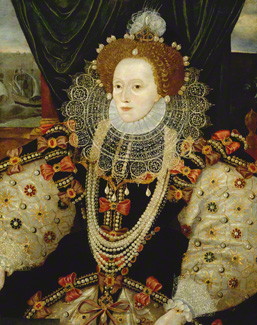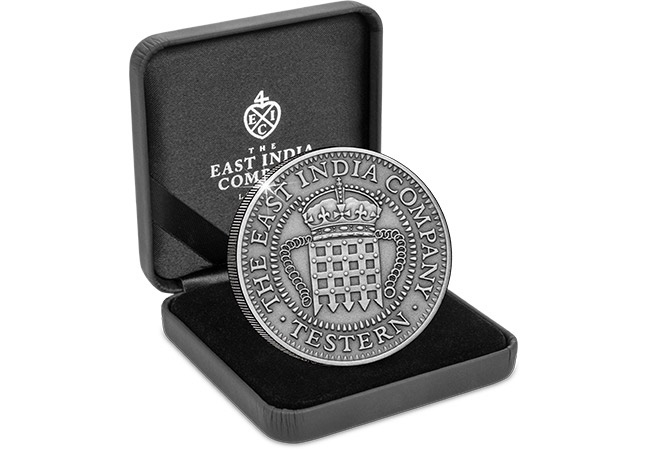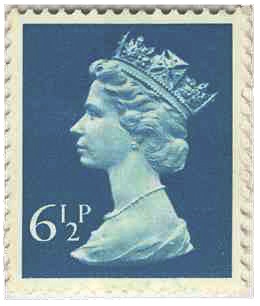Posts Tagged ‘Silver Coins’
Royal Mint confirms lowest ever edition limit for new Piedfort release

The Royal Mint has confirmed the release of the LOWEST EVER edition limit for a Silver Proof Piedfort £5 Coin.
This release marks HRH the Duke of Edinburgh’s record-breaking 70 years of service to Her Majesty the Queen and the United Kingdom and comes on the heels of the standard £5 Silver Proof’s 24 hour recent sell out.
Piedfort coins are the pinnacle for serious collectors. Struck on superior double-thickness blanks finished to the very highest proof standard, they are always popular and usually sell-out at the Mint quickly upon release.


The UK 2017 Prince Philip Silver Piedfort £5
Importantly, it coin has been strictly limited to just 1,250 pieces worldwide, a tiny amount, especially when you consider the popularity of the other specifications. In fact, it’s actually the lowest EVER edition limit for a UK £5 Piedfort coin.
We expect a full sell-out. And fast.
The UK Prince Philip Silver Piedfort will be available from 10th November but can be pre-ordered now.
If you’re interested…
You can pre-order one of the Prince Philip Silver Piedfort Coins by clicking here now >>
The story behind England’s first colonial coinage…
The story behind England’s first colonial coinage is one that few people know about. It begins with the most influential company in world history – The East India Company…
The East India Company today are producers and distributors of quality, exclusive and exotic goods with a 400 year legacy through its trade history, which built the British Empire.
Originally, the East India Company was a band of pioneering merchants who were granted a Royal Charter by Elizabeth I in 1600 to explore the East Indies and bring back exotic goods to the Regal West. In doing so they established new trade routes and broke down the barriers of the world. They established Singapore and Hong Kong, held Napoleon captive in St. Helena and sent the tea that was destroyed at the Boston Tea Party.
The consequences of the Company’s actions are the very fabric of our Commonwealth.

Queen Elizabeth I
England’s very first colonial coinage – struck for the company’s first voyage
In 1601, Queen Elizabeth I signed a Royal Charter awarding The East India Company the right to monopoly on trade in the East.
On signing the Royal Charter, Queen Elizabeth I instructed The Royal Mint to strike England’s very first colonial coinage – the Testern coin. Struck specifically for The Company’s first voyage to the East, the Testern was the very first currency that was minted specifically for trade outside of England.
Following the defeat of Spain in the Spanish Armada in 1588 and after the death of Prince Philip of Spain, the British colonial era of empire commenced and the start of 270 years of trade and conquest began.

The Originial Testern Coin
It’s believed that Queen Elizabeth I insisted on her own trade coinage as means of demonstrating that she was just as powerful as the King of Spain, which would only be effective if it was based on the prevailing international trade coin of the time – the Spanish Real. So, she introduced a coin that was minted in the exact same specification as the Spanish 8 Real denomination, commonly known as ‘Pieces of Eight’. This coin was formally named the Testern but came to be known as ‘Portcullis Money’ due to its unique Portcullis design.
The end of the Testern
Elizabeth I insisted that The East India Company carried the new Testern coins on each voyage, as means of exhibiting her power overseas. Just over £6,000 worth of ‘Portcullis Money’ was loaded onto the vessels of Sir James Lancaster VI’s fleet – the first fleet of The Company. When the fleet arrived in the East many of the coins were melted down, and very few returned to England. In fact, those that did were presented to The Company’s shareholders.
A coin found only in museums

The 2017 Silver Testern Coin
Today, you will only find these coins in museums and even then only a very small number of the Testern ‘Portcullis Money’ coins will be exhibited across the world.
This year, The East India Company and St Helena government have issued the Testern coin in Silver featuring a design based on the original ‘Portcullis money’ and struck in the same weight specification as the Testern coins. Only the second ever minting of Portcullis Money, the design features the iconic portcullis engraving just as its 1601 predecessor.
If you’re interested…
Fully approved by Her Majesty Queen Elizabeth II and strictly limited to just 10,000 coins worldwide, you can own the 2017 Testern Silver coin today if you’re quick.
The 50th anniversary of the most reproduced image in the world
50 years ago in 1964 Her Majesty the Queen approved a new portrait for her coinage, and set in motion a chain of events that led to the creation of the most reproduced image in the world.
The portrait in question was designed by Arnold Machin RA – and if you look in your pocket now you’re still likely to find a coin bearing the distinctive profile.
But even though millions of coins are struck every year – it was when the design was adapted for use on our stamps that it really took off…
300 billion and counting
Best estimates suggest that the Arnold Machin RA effigy of Queen Elizabeth II has now been reproduced on our stamps over 300 billion times – a staggering number.
In fact, amongst collectors, UK definitive stamps are now simply referred to as ‘Machins’ because the image is so ubiquitous.
But who is Arnold Machin RA, and how did he come to design this instantly recognisable image?
From pottery to sculpting the Queen’s portrait
Arnold Machin was born in 1911 in Stoke-on-Trent. Modelling and sculpture was in the family, but his father struggled to make ends meet with his freelance modelling job. Consequently Machin started work aged 14 at the Minton China Factory, as an apprentice china painter.
But he could not keep away from sculpture, and after a working for many years in the arts was appointed an associate member of the Royal Academy of Arts in London in 1947.
As if this wasn’t enough of an honour, in 1964 Machin was approached to design an effigy of the Queen for the new decimal coinage to be introduced in 1971. So, despite never having designed a coin before, Machin was granted four sittings with the Queen.
Cleverly using the bas-relief technique, which creates a raised sculpture from a plaster base, Machin came up with a design the Queen appreciated so much she has insisted it be used unchanged on our stamps for the past 40 years.
An £18,000 plaster cast
Perhaps testament to the enduring popularity of the image, and the design process behind it, one of Machin’s original plaster casts recently sold at auction for the princely sum of £18,000.
And I don’t think this will be the last we’ll hear of record breaking Machin sales – as time goes by the power of the image will not diminish, yet the availability of collectables will.
And now we are due to see a new portrait of the Queen on our coinage in 2015, this is bound to be an area to watch.
You may be interested in…

The Arnold Machin Queen Elizabeth II Philatelic Silver Set
The Westminster Collection is proud to present the first ever officially licensed silver philatelic set featuring Arnold Machin’s famous effigy of the Queen.
NOW SOLD OUT





